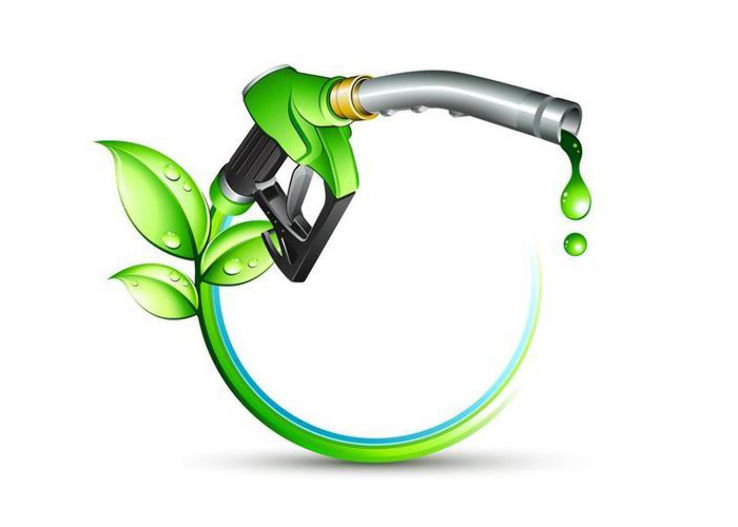RIO DE JANEIRO, BRAZIL – The tax benefit granted to the biomethane sector in the plan launched by the federal government on Monday, March 21, can reduce the investment costs in new plants by up to 10%, according to an estimate of Urca Energia, the largest national producer of the fuel.
One of the measures announced was the inclusion of biomethane in the Special Incentive Regime for Infrastructure Development (Reidi), resulting in the suspension of PIS/Cofins charges for the acquisition of machinery, construction materials, equipment, and others.
“Our Capex (investment) is very high, all dollarized or in euro, the inclusion in Reidi accelerates investments in the sector … we expect to have a reduction of 5% to 10% of Capex in biomethane plants,” Marcel Jorand, CEO of Urca Energia, which owns operational and developing biomethane projects in Rio de Janeiro, told Reuters.

The government plans to boost the construction of new production units of renewable fuel, which can be used in industry or transportation, replacing cooking gas, diesel, and other petroleum derivatives.
For Jorand, this and other announced initiatives bring more security to investors in the segment, gaining momentum since enacting regulatory frameworks for the gas, sanitation, and distributed energy generation sectors.
Biomethane is the product of biogas treatment and purification, which comes from the decomposition of organic waste from the sugar and ethanol industry (sugarcane bagasse, vinasse), agriculture and cattle raising, the food industry, and the sanitation sector (sewage and urban waste).
Urca, which uses landfill waste for biomethane production, is investing R$1.2 billion (US$240 million) to increase its production in Seropédica (Rio de Janeiro State), from the current 120,000 m³ per day to 200,000 m³, and in the construction of plants in Nova Iguaçu (Rio de Janeiro State) and São Gonçalo (Rio de Janeiro State). By the end of 2023, the forecast is to produce 400,000 m³ per day.
“We started with the large landfills because we have a close demand and supply (for biomethane), but we will soon start moving to places farther away from the large centers,” said the company’s executive.
THE GOVERNMENT’S PLAN
The decree signed on Monday also foresees the incentive to the methane credit market, the promotion of biodigesters and biogas purification systems, the production and compression of biomethane, and promoting scientific-technological research.
“The economic use of biomethane will be fundamental to increase energy security and promote the internalization of gas, taking clean energy to different locations in our country,” said the government.
In an event on Monday, members of the government said that the biomethane potential in the country is equivalent to a “pre-salt” of gas, or four times the flow capacity of the Brazil-Bolivia gas pipeline (Gasbol).
According to the Brazilian Biogas Association (ABiogás), Brazil has the potential to produce up to 120 million cubic meters per day, which is equivalent to 70% of the national demand for diesel.
Also, according to the entity, the sector foresees investments of about 7 billion reais in the next five years in new biogas plants. With this, the current production volume, of 400 thousand cubic meters/day in ten plants, should increase to 2.3 million in 2027, generated in 25 enterprises.
The incentive to the production and use of biomethane in Brazil, through the new plan, should allow the substitution of almost 1 billion liters of diesel by 2027, estimated the Ministry of Mines and Energy.
This volume is equivalent, for example, to about a quarter of what Brazil consumed of diesel in January this year.
EMISSIONS
The incentive to biomethane also meets the commitments made by Brazil during the 26th United Nations Climate Change Conference (COP26), said the government, highlighting the Methane Agreement.
The document, signed by Brazil and more than a hundred countries, foresees a global effort to reduce methane emissions by 30% by 2030 from 2020 levels. “This is a great opportunity for Brazil, in the context of a new global green economy,” the government said.

